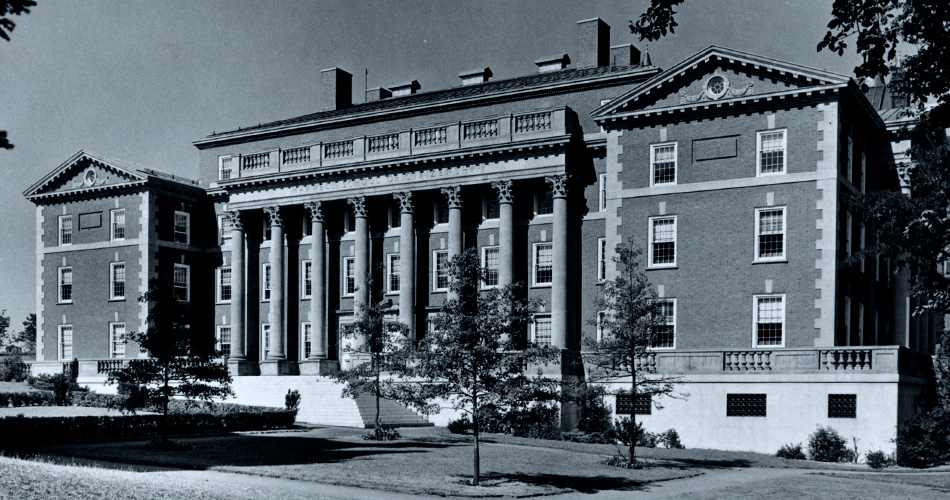Towards User-Centered and Legally Relevant Smart-Contract Development
Virtual
Add to: Outlook, ICal, Google Calendar
Speaker(s):
Abhishek Dixit, Tallinn University of Technology
Abstract:
Smart contracts (SC) run on blockchain technology (BCT) to implement agreements between several parties. As BCT grows, organizations aim to automate their processes and engage in business collaborations using SCs. The translation of contract semantics into SC language semantics is difficult due to ambiguous contractual interpretation by the several parties and the developers. Also, an SC language itself misses the language constructs needed for semantically expressing collaboration terms. This leads to SC coding errors that result in contractual conflicts over transactions during the performance of SCs and thus, novel SC solutions incur high development and maintenance costs. Various model-based and no/low code development approaches address this issue by enabling higher abstractions in SC development. Still, the question remains unanswered how contractual parties, i.e., end-users with non-IT skills, manage to develop legally relevant SCs with ease. This study aims to (1) identify and categorize the state of the art of SC automation models, in terms of their technical features, and their legal significance, and to (2) identify new research opportunities. The review has been conducted as a systematic literature review (SLR) that follows the guidelines proposed by Kitchenham for performing SLRs in software-engineering. As a result of the implementation of the review protocol, 1367 papers are collected, and 33 of them are selected for extraction and analysis. The contributions of this article are threefold: (1) 10 different SC automation models/frameworks are identified and classified according to their technical and implementation features; (2) 11 different legal contract parameters are identified and categorized into 4 legal criteria classes; (3) a comparative analysis of SC-automation models in the context of their legal significance is conducted that identifies the degrees to which the SC-automation models are considered legally relevant. As a conclusion, we produce a comprehensive and replicable overview of the state of the art of SC automation models and a systematic measure of their legal significance to benefit practitioners in the field.
Category
Social Science and Public Policy
Type
Lectures and Seminars
Region
Virtual
Open to
Faculty
Students, Graduate and Professional
Organizer
MAX-Center for Policy Design and Governance
Accessibility
Contact Davor Mondom to request accommodations

We’re Turning 100!
To mark our centennial in the fall of 2024, the Maxwell School will hold special events and engagement opportunities to celebrate the many ways—across disciplines and borders—our community ever strives to, as the Oath says, “transmit this city not only not less, but greater, better and more beautiful than it was transmitted to us.”
Throughout the year leading up to the centennial, engagement opportunities will be held for our diverse, highly accomplished community that now boasts more than 38,500 alumni across the globe.